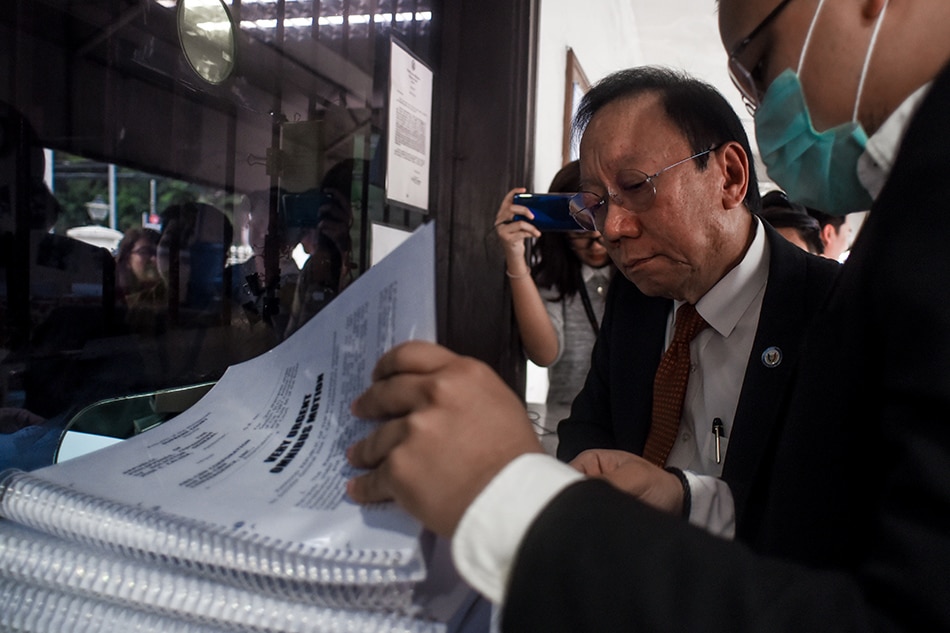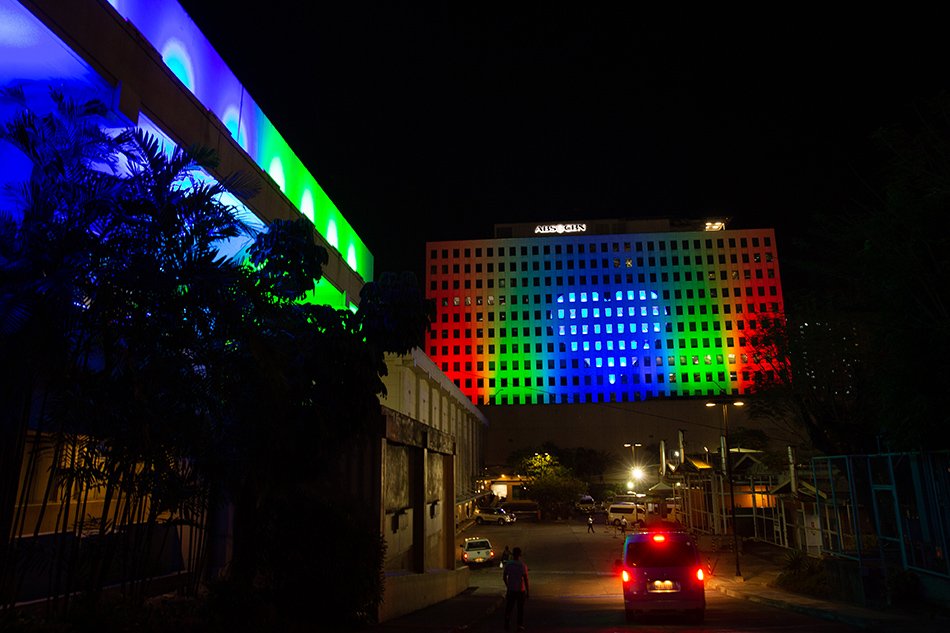A nasty surprise greeted Pinoy viewers on May 5 when media giant ABS CBN suddenly made an announcement that it is signing off the air. This was per a cease and desist order issued by the National Telecommunications Commission summarily dropped off the network’s gates amid the quarantine crisis, no fanfare as one would expect a few pieces of paper deciding the network’s fate . Millions of viewers can only watch with bated breath, possibly dumbstruck as attempts to denounce the ABS CBN shutdown as the day unfolded dramatically, unpredictable unlike our favorite telenovelas.
But amid the jokes about how this was the only thing that killed off Cardo Dalisay, the sudden turn of events has a bigger, chilling and dangerous impact on press freedom and the public.
What happened with ABS CBN?
The NTC released its cease and desist order a day after ABS CBN’s franchise expired. The order covered the network’s main Channel 2 station, as well as its regional stations and other affiliated TV stations. It also includes several AM and FM stations the company operates, most notably DZMM and MOR.
Shortly after receiving the cease and desist order, the network steadily featured a number of interviews from hardcore fans, experts all the way to congress and the senate – each viewpoint expressing very strong arguments on #notoabscbnshutdown or why this is justified.
ABS CBN officially went off the air after the broadcast of TV Patrol. Renowned newscasters Noli de Castro, Ted Failon, and Bernadette Sembrano tried to keep their voices from cracking as they read the program’s closing spiels.
In the network’s newsroom, emotions were high and there were more than a few people bravely holding back tears.
In a statement released on social media, the network thanked its viewers for their support. It also reiterated its position that it did not violate any laws. ABS CBN stated that it trusts the government will decide on its franchise renewal with the best interest of Filipinos in mind.
The network’s bid to renew its franchise has been strongly opposed by President Rodrigo Duterte in the last few years. In 2018, Duterte accused ABS CBN of not airing some of his 2016 campaign ads. He also stressed that he will reject the renewal of the network’s franchise should it come to his table.
The president’s key allies also made overt moves that hindered the renewal process. There are currently several bills granting the network a franchise that remain pending in Congress since 2016. But House Speaker Alan Peter Cayetano pushed back the hearings for these bills to early 2020 even though it would be just a few months by then before the franchise expires.
Solicitor General Jose Calida arguably made the most aggressive move against the network. In February, Calida issued a quo warranto petition asking the Supreme Court to revoke the network’s franchise.

He also warned NTC officials that they will face graft charges should they issue a provisional authority to ABS CBN. The NTC said in a March congressional hearing that they will grant the authority to the network based on an earlier recommendation by Justice Secretary Menardo Guevarra. This recommendation would have allowed ABS CBN to operate while its franchise is being heard.
The chilling effect of the ABS CBN shutdown
Even during its struggle with renewing its franchise, media advocates said that the ABS CBN shutdown has a tremendous impact on the country’s fragile press freedom situation. They note that this creates a chilling effect that everyone should be weary about. But what is it anyway?
The chilling effect is an oft-quoted phrase describing any situation where a threat of legal action discourages a party from exercising their rights. For media entities like ABS CBN, these actions come in different forms, including verbal attacks and lawsuits. And there are less subtle ones like franchise termination.
These attacks have other side effects that hurt the company even more. During the height of its franchise woes, ABS CBN President Carlo Katigbak noted that the price of its stocks significantly declined, leading to an estimated Php 30 billion loss in its value.
But it isn’t just ABS CBN who should be worried. Other media outlets will also start feeling the chilly air of press curtailment. Journalism professor and media freedom advocate Danilo Arao noted that other networks have become less critical of the administration. He said that this is an indicator of the creeping threat.

Its impact on online media
Online media practitioners are also not going to be spared from that impending danger. Arao explains that such actions of the government send a strong warning that if it can shutter large companies, it can also do the same to smaller parties who might express dissent. This even includes individual bloggers and YouTube vloggers.
Arao gave the case of vlogger Elanel Ordidor as a worrying example. Ordidor is an OFW working in Taiwan whom Philippine authorities want to deport back to the country after posting critical commentary against Duterte in one of her videos. Officials also threatened to sue her for cyber libel.
Taiwan immediately declined the request for Ordidor’s deportation, stating that it protects the rights of people in its territory, including foreign workers. But Arao noted that this action of the Philippine authorities of using laws like the Bayanihan We Heal As One Law to stifle dissent creates a dangerous precedent. With such a legal weapon in their hands, everyone not aligned with the government becomes a target.
Arao added that, with a media giant like ABS CBN shutting down, the threat becomes even more apparent. Non-traditional media practitioners and freelance journalists may even find it harder to find a recourse if they end up facing such attacks. Since they are not always affiliated with a large company, they can’t get the protection that such companies can provide.
The impact of the ABS CBN shutdown on the public
The country followed the network’s franchise struggle much like they followed its popular teleseryes. Everyone of course had to give their two cents, in many instances sparking heated debates and fiery arguments not unlike network wars on favorite telenovelas.
But ordinary people will soon find themselves part of the struggle they are watching a few months back. While some might shrug it off with the reasoning “May ibang channel naman (There are still other channels),” Arao said that this would still not cushion them from the chilling effect. He explains that the reluctance of other networks can lead them to withhold information for fear of drawing authorities’ ire. As such, the public loses even more sources of reliable information, which is vital during times like the COVID-19 pandemic.
The other rights of ordinary people are also impacted by the ABS CBN shutdown. According to the Commission on Human Rights, the 11,000 network employees who lost their jobs now have to struggle for a living amidst the COVID crisis. This adds an unnecessary burden to social services already struggling to provide for everyone affected by the crisis.
The public’s freedom of expression also falls victim to the danger, as well as their right to call for good governance. Without the media outlets, people might soon find it hard to air their grievances and protect against abuse. And unlike the teleseryes, there would be no Cardo Dalisay to fight back for them.

Pushing back and protecting our rights
With all that’s on stake, Arao said that the public should push back against the ABS shutdown. He states that by continuously making noise, they protect their rights and ensure that they have reliable and relevant sources of information. The professor reminded us that the fight for press freedom is not just for media workers alone. Everyone must turn it into a people’s campaign to succeed, even without superheroes like Dalisay.

